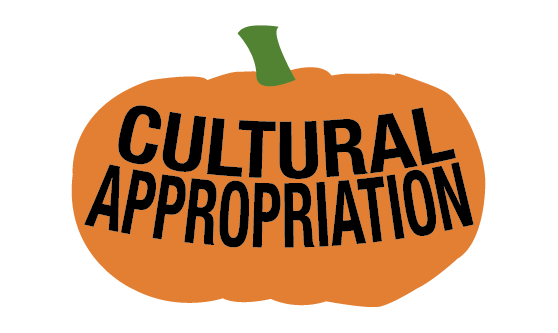Clash of Cultures
As Halloween came and went, the topic of cultural appropriation was brought up and argued over.
But what is it exactly?
Cultural appropriation is when a person from one culture adopts aspects from another culture.
When described like this, the practice doesn’t sound like a negative thing at all, so why do people get so worked up about it?
It’s because often times, the culture that’s being adopted from is not being respected and is sometimes made fun of.
Let’s look at the roots of this practice — blackface.
This form of entertainment that became popular in the 1830s allowed performers to profit off of black stereotypes.
It was not educating the audience in any way about African Americans — rather, it adopted elements from another culture, though often exaggerated or incorrect due to stereotypes, and poked fun at the race.
Now, fast forward to modern times where you come across costumes such as sexy geishas for Halloween.
These are obviously taking very beloved elements of the history of Japanese people and using it just to make a person look sexy.
First of all, why does someone have to dress up as another culture to make themselves feel hot?
Second, this is again not educating anyone about anything — it is just using stereotypes for the pleasure and entertainment of the ones wearing the costumes at the expense of the cultures being disregarded.
Also, when it comes to Native Americans and their history, wearing a headdress for Halloween is a sign of ignorance as that is an item of humongous important to the spirit and politics in native culture.
It’s not something that people just wear for fun, like people do on Halloween.
Cultural appropriation is often offensive because at any other time, you wouldn’t care about that minority group, but once the time comes around where you can take the aspects of someone else’s race just for your own gain, then it becomes annoying and frankly rude.
Of course I’m not saying that every person dresses up as a Native American on Halloween is a terrible person.
Instead, I think that as a community, we should attempt to learn about each other’s cultures more.
If your close friend is Indian and you want to learn more about their Diwali tradition, ask them about it and get to know their traditions.
If your friend allows you to wear traditional Japanese clothing, then that can be a symbol of education, of learning, of getting to know another culture.
However, we aren’t going to get anywhere in getting to know others by wearing sexy costumes based on misinformed stereotypes.

Kaitlin Yu is co-editor in chief of “The Tiger Print.” She appreciates the arts, loves cats and dogs and takes pleasure in wasting her time away by...




